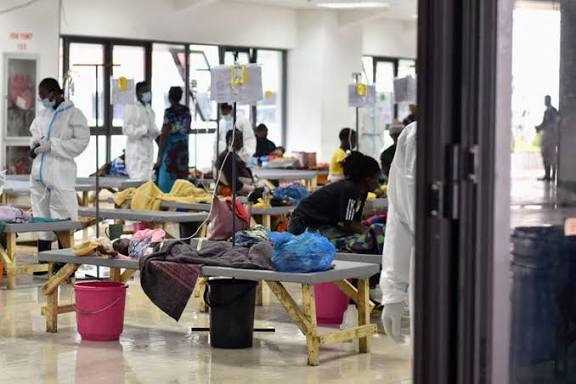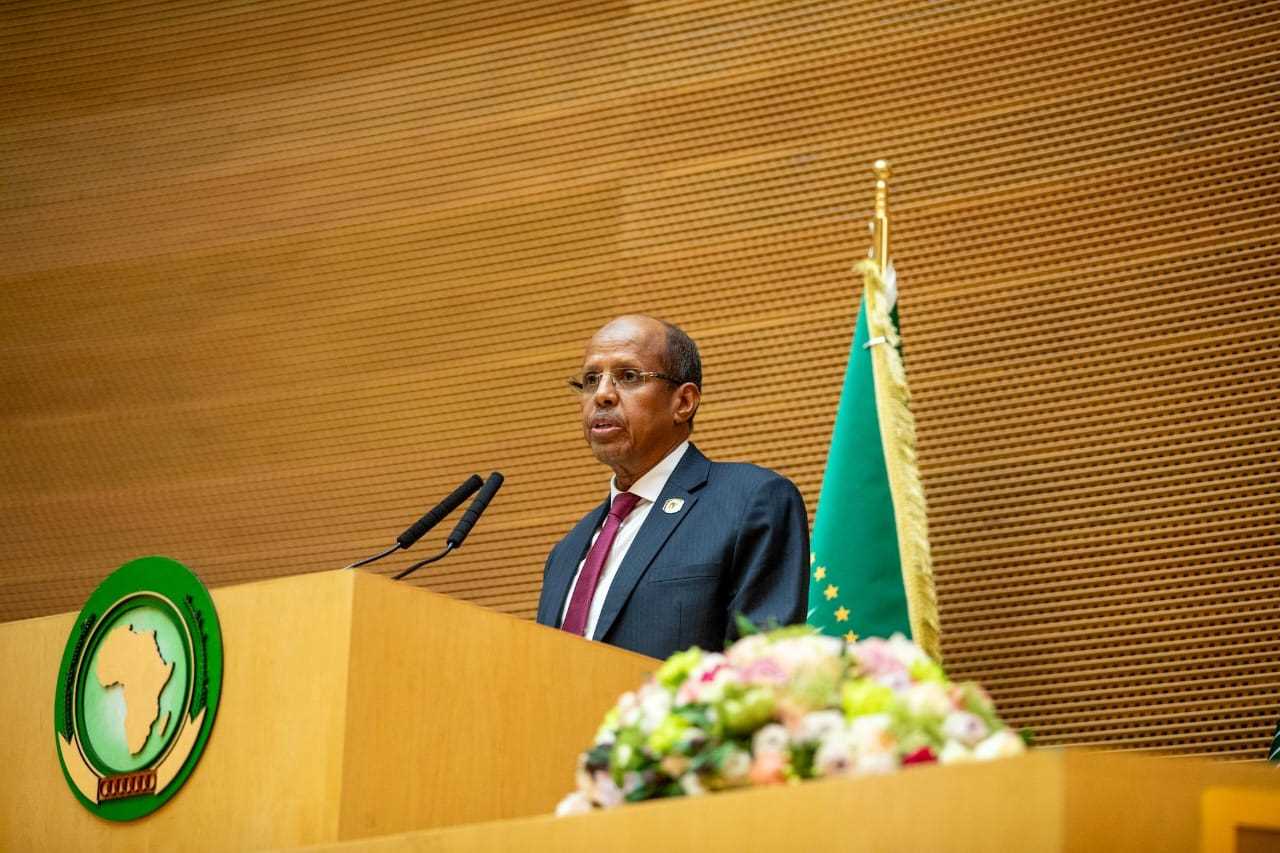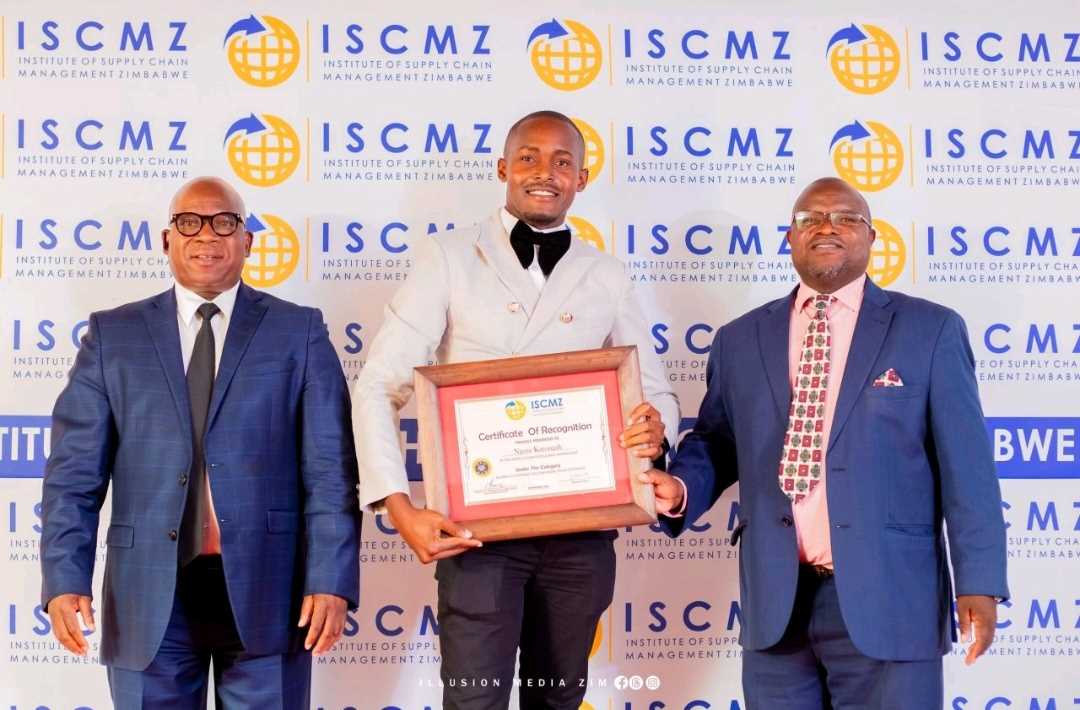
Zim Now Writer
Eswatini’s government is under legal pressure after accepting five foreign nationals deported from the United States, in a deal critics say was unconstitutional and violated human rights.
The deportees – men from Vietnam, Jamaica, Laos, Yemen, and Cuba – were flown to the southern African kingdom in July under Washington’s sweeping new deportation drive.
They are being held at Matsapha maximum security prison, a facility already running at nearly double its intended capacity.
The arrangement, agreed behind closed doors, has provoked outrage among civil society groups, who argue the country is being used as a “dumping ground” for America’s immigration problems.
The Southern African Litigation Centre and other NGOs filed a lawsuit last week challenging the legality of the deal.
“This litigation sends a strong message that African nations cannot simply be receptacles for unresolved issues from elsewhere,” said Salc programme manager Melusi Simelane.
The case was expected to be heard this week, but the high court postponed proceedings to 25 September, citing incomplete documents. Judges may eventually refer the matter to the constitutional court.
Eswatini’s attorney general, Sifiso Khumalo, dismissed the challenge, describing it as “frivolous” and insisting that the constitution empowers government to sign international agreements on behalf of the crown.
Related Stories
But applicants’ lawyer, Mzwandile Masuku, argued the process lacked transparency and due process, while other plaintiffs stressed that parliament had been sidelined.
“This agreement should have gone before MPs for scrutiny and approval – it clearly never did,” said Zakithi Sibandze, national coordinator of the Rural Women’s Assembly Eswatini. “Instead, even our lawmakers were left in the dark.”
Eswatini is not alone in facing criticism over such deals. Earlier this year, the US deported Venezuelan nationals to El Salvador, where they were held in harsh conditions before being sent back home. Other groups have been transferred to South Sudan, Uganda, and Rwanda under similar agreements.
Rights groups say the pattern highlights troubling alliances between the Trump administration and African governments with weak human rights records.
The International Organisation for Migration confirmed it is in talks with Eswatini over possible post-arrival support for the deportees but did not provide details.
Meanwhile, local activists warn that the secrecy around the deal undermines democracy.
“We want the full details,” said Simelane. “The prime minister and his government are deliberately withholding information that directly affects our rights as citizens.”
For now, the five men remain behind bars in Matsapha as the country’s courts weigh whether Eswatini had the constitutional authority to accept them at all.




















Leave Comments